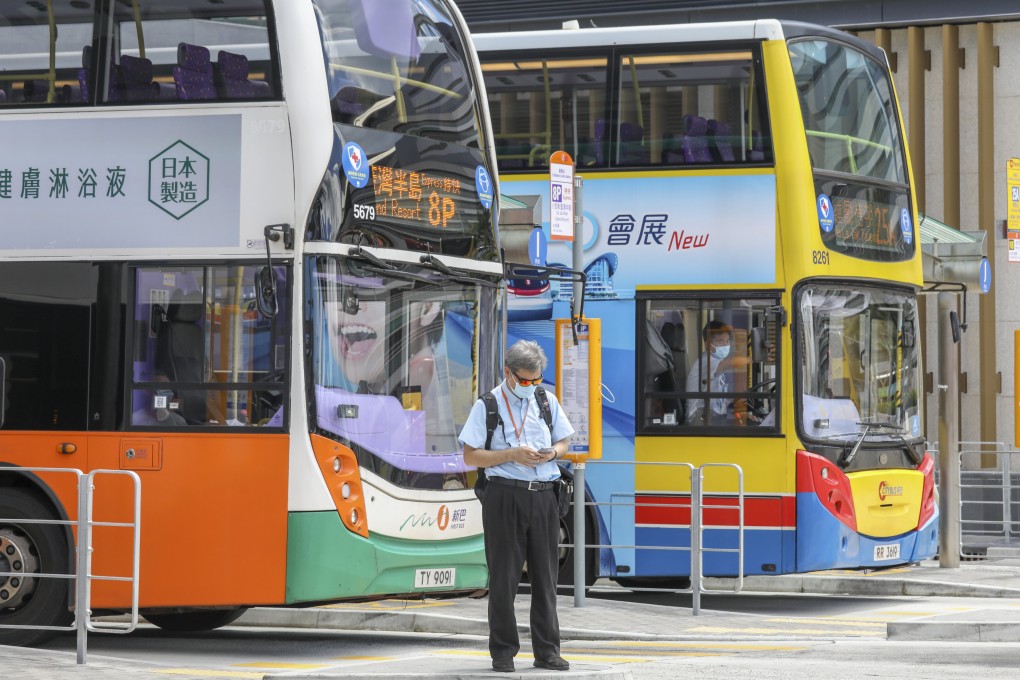Editorial | Merger must not take Hong Kong passengers for a ride
- Loss-making Citybus and New World First Bus will operate as one company under latest franchise, and its performance will have to be closely monitored

The renewal of bus franchises is a good opportunity to push for service improvements. In the case of the merger of two money-losing companies under a new franchise, it is a matter of survival, though.
Whether the operator will get a new lease of life as a result remains to be seen. But expectations for better services remain.
Taken over by Bravo Transport in late 2020, Citybus and New World First Bus will operate as one company called Citybus Limited, under a new 10-year franchise in July 2023. The government said the service areas of the two companies on Hong Kong Island were largely overlapping.
It said the merger would facilitate improvement and rationalisation of the bus network, adding that it would not result in higher fares for existing routes. Citybus said drivers or back-office staff would not lose their jobs.

There are also plans to recruit and expand services into the New Territories.
